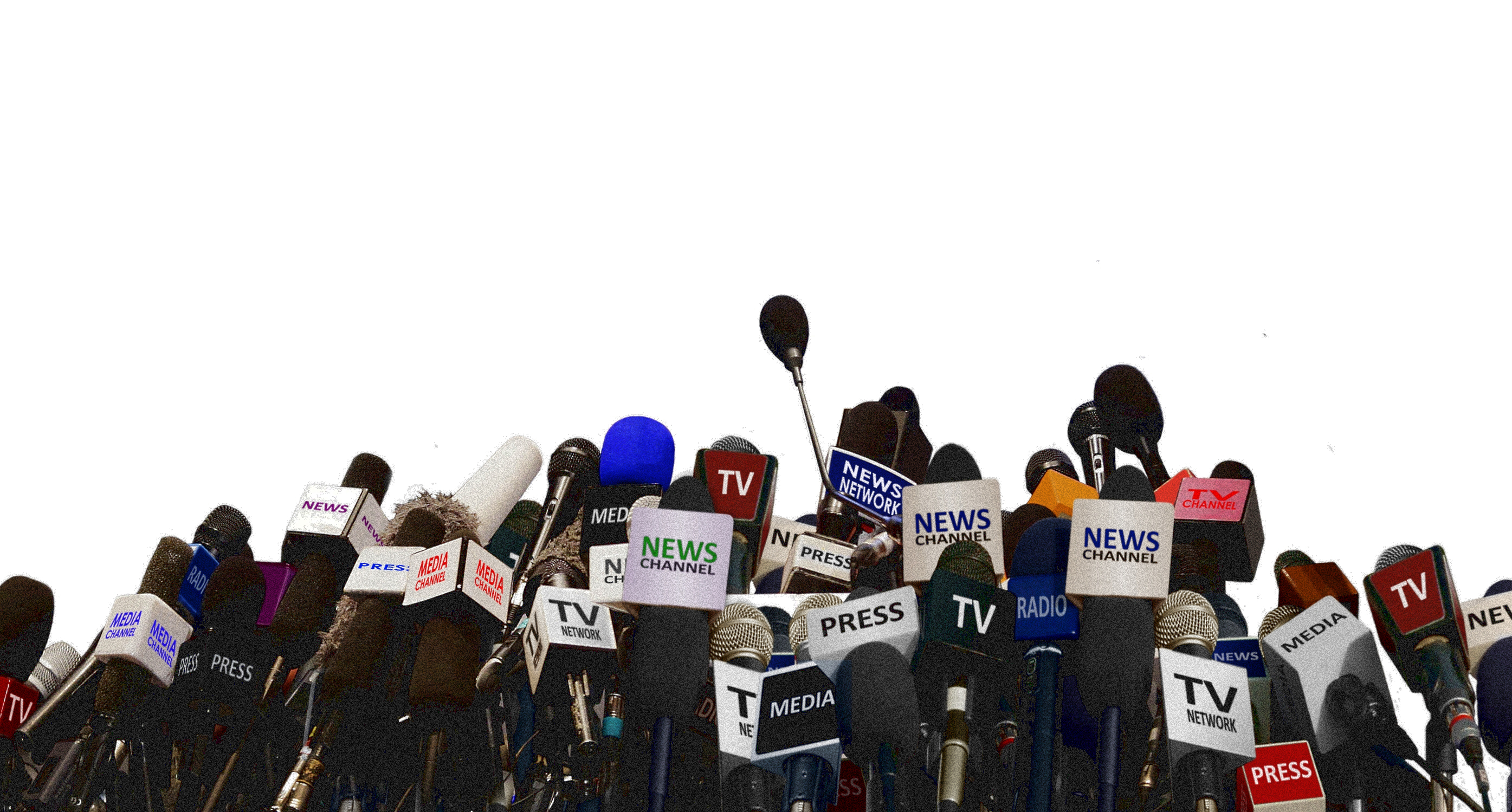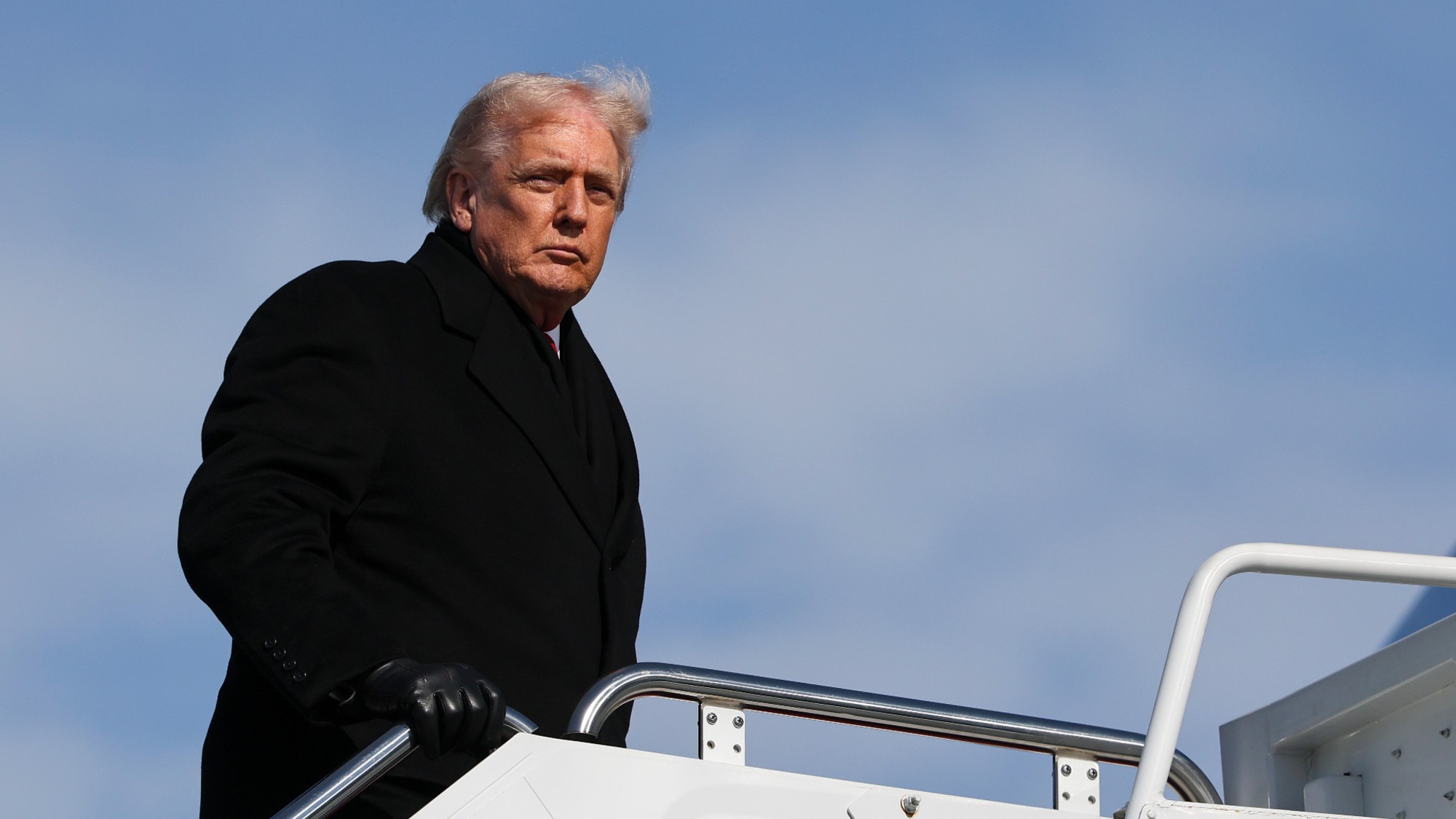The media's toxic obsession with political stupidity
Sometimes what's good for a media company or a political party can be bad for the United States of America


The U.S. is a sprawling, continent-spanning country of 320 million people. In any population that large, there will always be lots of people who say and do foolish, ridiculous things. A hundred years ago, when citizens got information mainly from local newspapers and person-to-person gossip, expressions of political stupidity or extremism tended to remain … local. By the mid-20th century, media had become more nationalized, with regional radio, national TV news, syndicated newspaper stories, and weekly magazines with a readership spanning the country allowing inflammatory statements or actions to briefly reach a wider audience. Since Americans tend to enjoy sensational stories, they were often popular. But the popularity was spotty and selective, and kept from reaching saturation levels of coverage by the relative slow pace of the news cycle.
But in today's era of 24/7 cable news, talk radio, hundreds of newspapers and magazines with constantly updated websites, and Twitter as a meeting place, amplification source, and echo chamber for those who work for all of these outlets, we have a very different dynamic. Catering to the desire for outrageous stories is one way to generate the audience that's required to make money online. So news outlets have an incentive to highlight the silliest, stupidest, most ridiculous and extreme statement they can find and give it attention — just as authors, writers, journalists, activists, and people who just crave attention have an incentive to say such things to get attention for themselves.
Then there are the added incentives at work behind the scenes of partisan opinion sites, which advance their political agenda as well as benefit financially by highlighting the silliest, stupidest, most ridiculous and extreme statement they can find by someone who self-identifies as belonging to the other side.
The Week
Escape your echo chamber. Get the facts behind the news, plus analysis from multiple perspectives.

Sign up for The Week's Free Newsletters
From our morning news briefing to a weekly Good News Newsletter, get the best of The Week delivered directly to your inbox.
From our morning news briefing to a weekly Good News Newsletter, get the best of The Week delivered directly to your inbox.
Both sides do this, but the right does it more — and does it with accelerating intensity and increasingly pernicious civic consequences.
Consider the right's recent reaction to progressive writers Jill Filipovic and Amanda Marcotte, both of whom strongly supported the center-left presidential campaign of Hillary Clinton. Last week, Filipovic tweeted out (and appeared to endorse) a Guardian column arguing that the best thing people could do to combat climate change is have fewer kids. Marcotte then went further to draw a deliberately provocative (and insulting) analogy between people who have a lot of kids and a woman who has so many cats that people think she's crazy.
Do we have any reason to believe that these views are widely held by the 65 million people who voted for Clinton last November? None at all. Yet conservative critic after conservative critic responded indignantly to these tweets, treating them as a moment when the venomously child-hating and misanthropic outlook of progressivism had finally been exposed to the light of day.
As a result of their tweets, Filipovic and Marcotte got attention for themselves; the right got attention for denouncing them; and conservative readers got to enjoy the sensation of having their political convictions confirmed and reinforced. See, progressives are all awful, just listen to what they say! It was a win for all involved — but a loss for the country as a whole. The trivial episode, which gets re-enacted numerous times a week, left the nation's political culture just a little bit more polarized than it already was.
A free daily email with the biggest news stories of the day – and the best features from TheWeek.com
Far less trivial is the impact of the increasing attention that right-wing muckraking websites and media megaphones have devoted to the supposedly rampant left-wing radicalism sweeping through American universities.
Do some left-wing professors and students do and say politically asinine things? You bet they do — and perhaps moreso over the last couple of years, when activism has been on the upswing. But how widespread is the problem? From right-wing websites such as Campus Reform, Turning Point USA, and The College Fix, which publicize every outrageous act or statement they can find at the 4,000 or so colleges and universities in the United States, and from primetime news reports on Fox News that hype these stories, you might conclude that college campuses in this country were in a state of mass hysteria or ideologically motivated madness.
Apparently that's precisely what a lot of Republicans have begun to conclude. As a recent Pew poll revealed, 58 percent of Republicans and Republican-leaning independents believe universities have a negative influence on the country. (That's a surge of an astonishing 21 percentage points in just two years.)
The truth is less sensational. While professors in the humanities (especially in New England) tend to be quite far to the political and cultural left in comparison to the American mainstream, relatively few of them bring their personal convictions into the classroom. They're scholars first, committed to research agendas that can certainly appear narrow and antiquarian to non-scholars but that usually stay far away from anything that could be construed as partisan politics. And then there are the social sciences, especially economics departments, where you'll often find plenty of Republicans, and medical and business schools, where the ideological make-up of the faculty often comes close to reflecting the partisan divisions of the country as a whole.
You'd never know any of this from reading Campus Reform or watching Fox News, which treat every story of extremism or intolerance at any college anywhere in the country as a revelation about what universities are really like. And why not? As with every stupid tweet by a progressive writer, each story about campus radicalism keeps Republican voters whipped up into a froth of indignation that inspires them to keep clicking and watching, and motivates them to show up on Election Day. Everybody wins.
Except, of course, for the universities themselves (and the millions who work for them), and the Republicans who might decide against going to college (and earning a degree that tends to boost lifetime earnings enormously), and the country as a whole, which will suffer greatly over the long term, both economically and civically, from having a less educated electorate.
And then, of course, there's our ever-more polarized political culture, and our political institutions, which increasingly grind and buckle under the strain of extreme partisanship.
Those who genuinely care about the common good of the country should ponder these consequences the next time they're tempted to give in to the centrifugal tendencies of our time. Sometimes what's good for a media company or a political party can be bad for the United States of America.
Damon Linker is a senior correspondent at TheWeek.com. He is also a former contributing editor at The New Republic and the author of The Theocons and The Religious Test.
-
 ‘Ghost students’ are stealing millions in student aid
‘Ghost students’ are stealing millions in student aidIn the Spotlight AI has enabled the scam to spread into community colleges around the country
-
 A running list of everything Donald Trump’s administration, including the president, has said about his health
A running list of everything Donald Trump’s administration, including the president, has said about his healthIn Depth Some in the White House have claimed Trump has near-superhuman abilities
-
 NASA’s lunar rocket is surrounded by safety concerns
NASA’s lunar rocket is surrounded by safety concernsThe Explainer The agency hopes to launch a new mission to the moon in the coming months
-
 The billionaires’ wealth tax: a catastrophe for California?
The billionaires’ wealth tax: a catastrophe for California?Talking Point Peter Thiel and Larry Page preparing to change state residency
-
 Bari Weiss’ ‘60 Minutes’ scandal is about more than one report
Bari Weiss’ ‘60 Minutes’ scandal is about more than one reportIN THE SPOTLIGHT By blocking an approved segment on a controversial prison holding US deportees in El Salvador, the editor-in-chief of CBS News has become the main story
-
 Has Zohran Mamdani shown the Democrats how to win again?
Has Zohran Mamdani shown the Democrats how to win again?Today’s Big Question New York City mayoral election touted as victory for left-wing populists but moderate centrist wins elsewhere present more complex path for Democratic Party
-
 Millions turn out for anti-Trump ‘No Kings’ rallies
Millions turn out for anti-Trump ‘No Kings’ ralliesSpeed Read An estimated 7 million people participated, 2 million more than at the first ‘No Kings’ protest in June
-
 Ghislaine Maxwell: angling for a Trump pardon
Ghislaine Maxwell: angling for a Trump pardonTalking Point Convicted sex trafficker's testimony could shed new light on president's links to Jeffrey Epstein
-
 The last words and final moments of 40 presidents
The last words and final moments of 40 presidentsThe Explainer Some are eloquent quotes worthy of the holders of the highest office in the nation, and others... aren't
-
 The JFK files: the truth at last?
The JFK files: the truth at last?In The Spotlight More than 64,000 previously classified documents relating the 1963 assassination of John F. Kennedy have been released by the Trump administration
-
 'Seriously, not literally': how should the world take Donald Trump?
'Seriously, not literally': how should the world take Donald Trump?Today's big question White House rhetoric and reality look likely to become increasingly blurred
